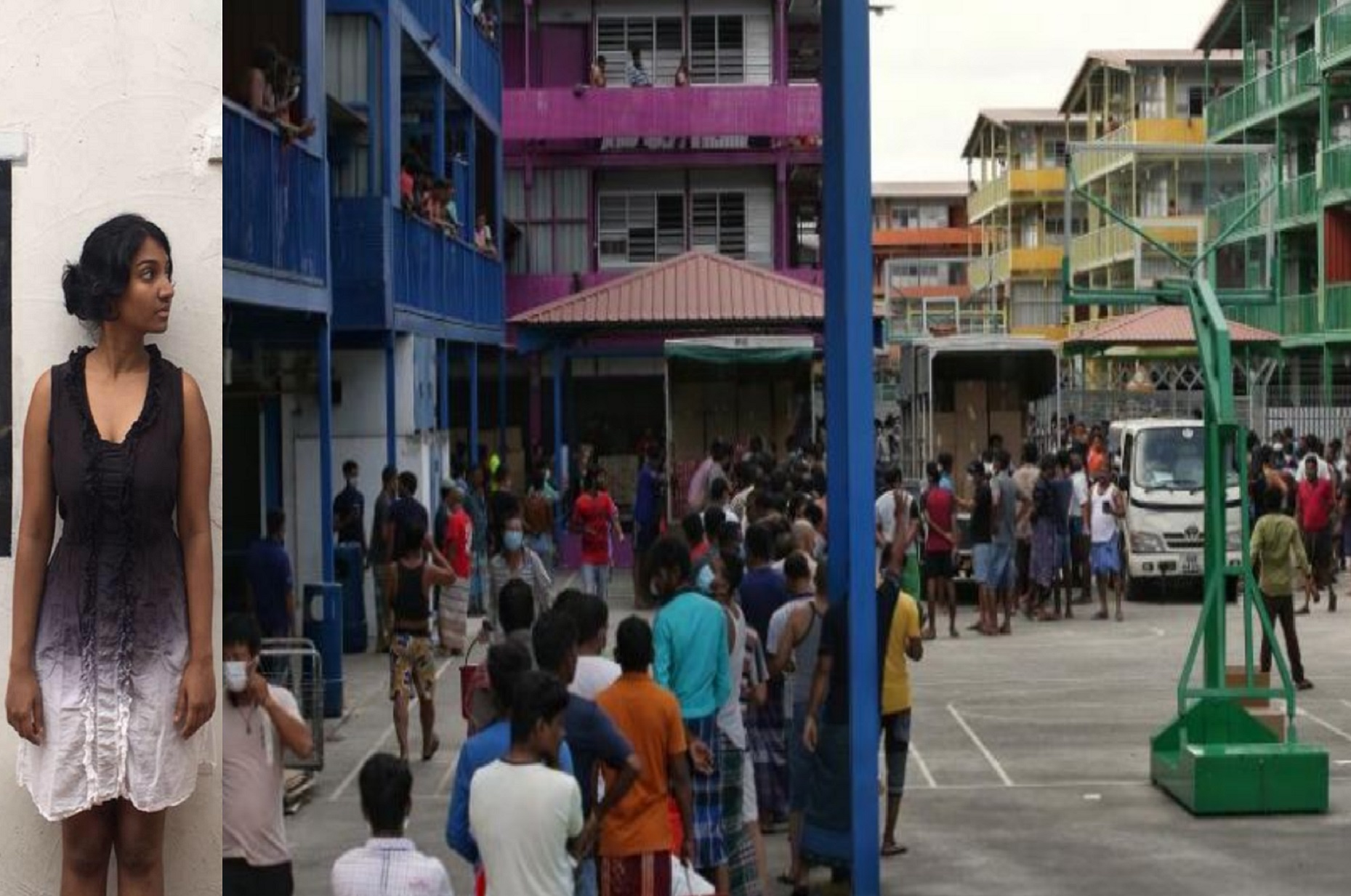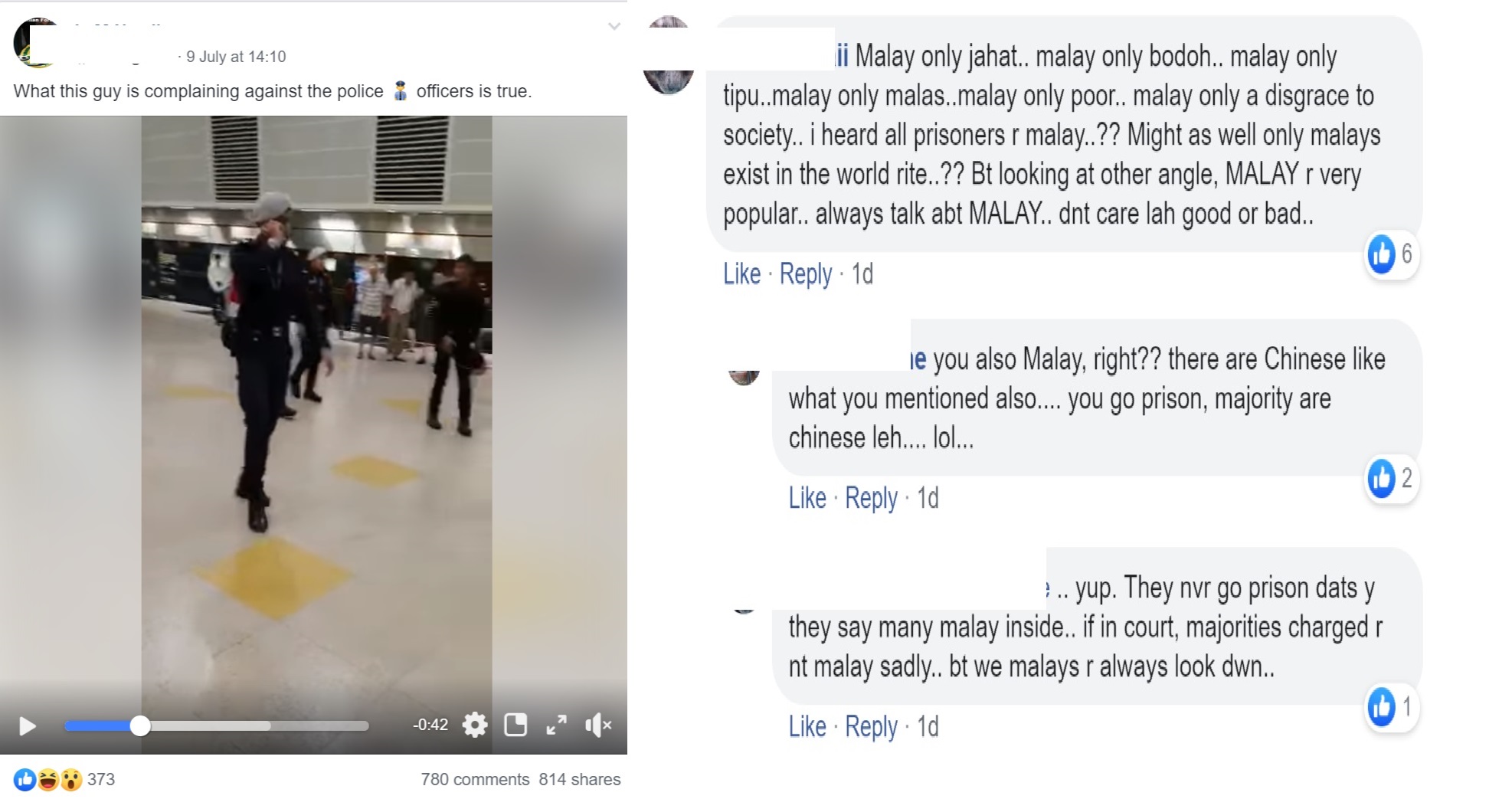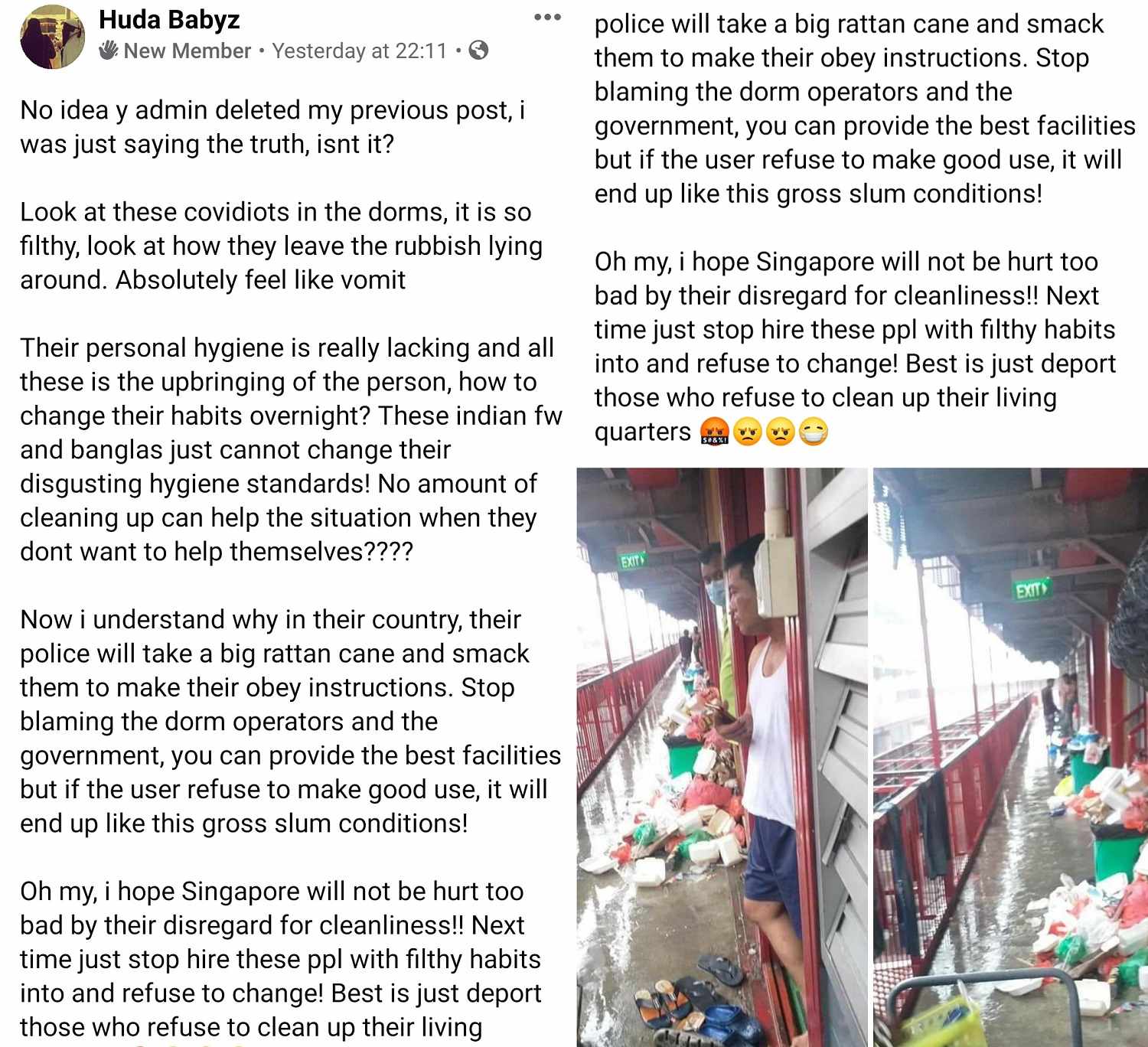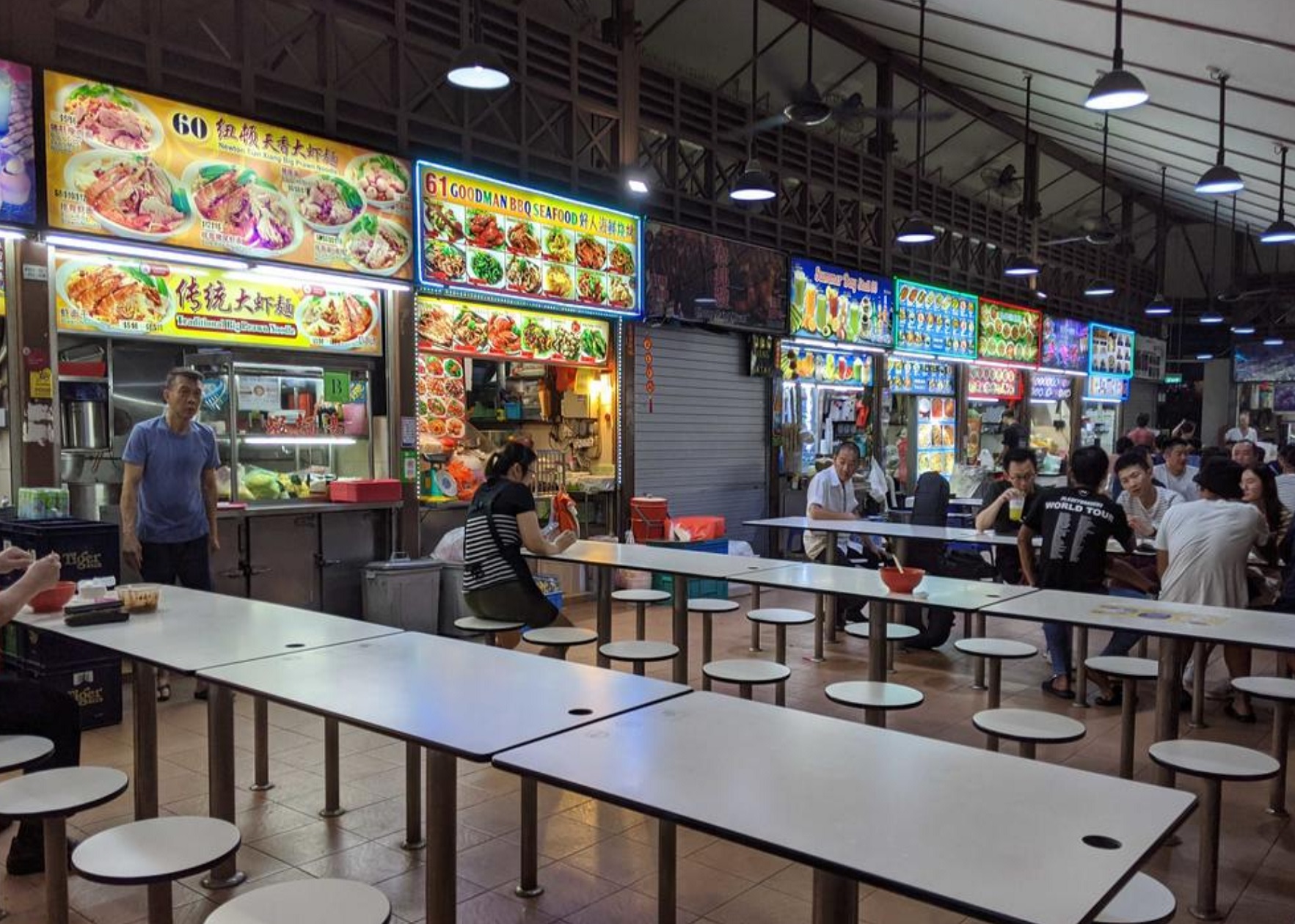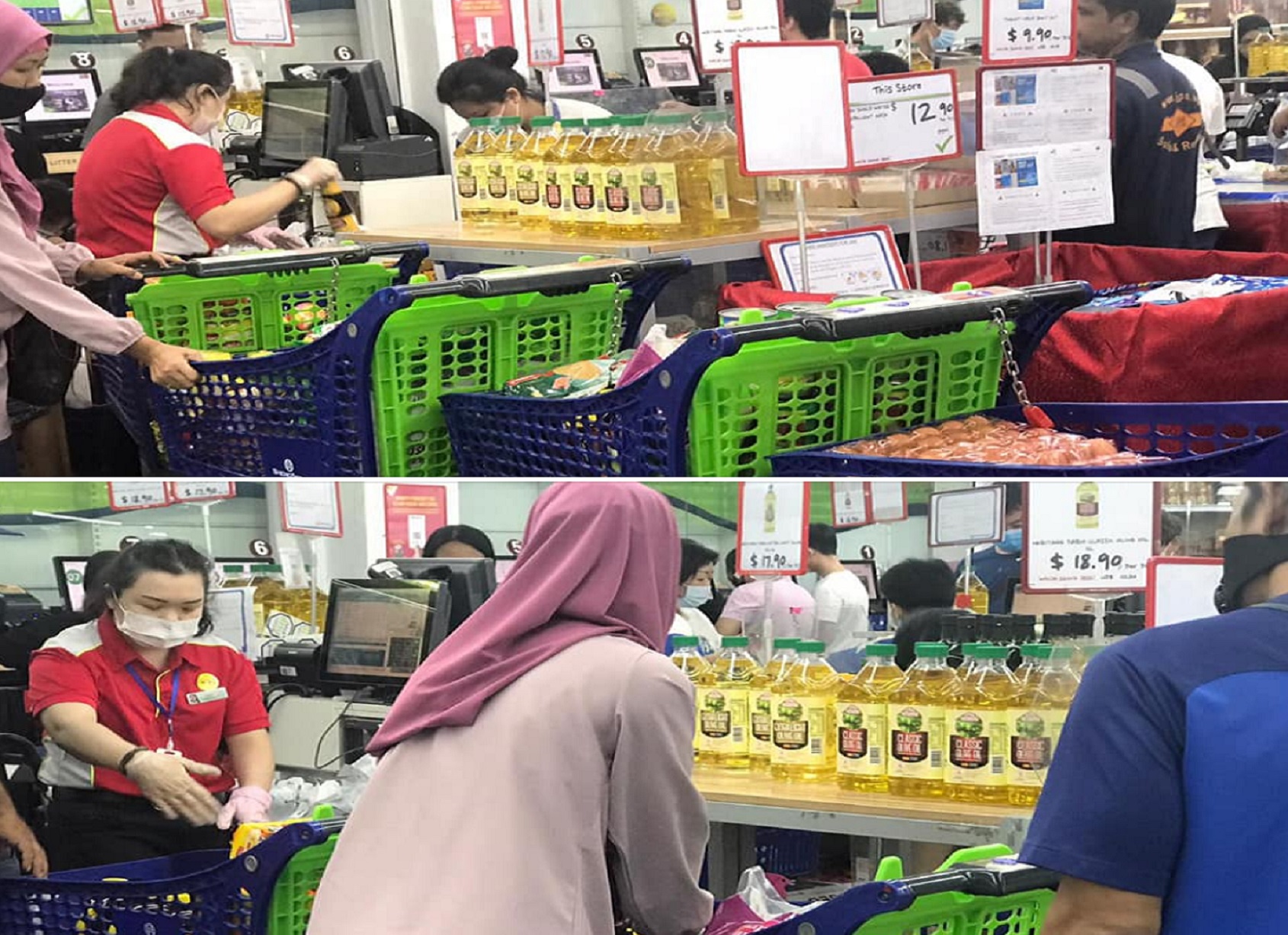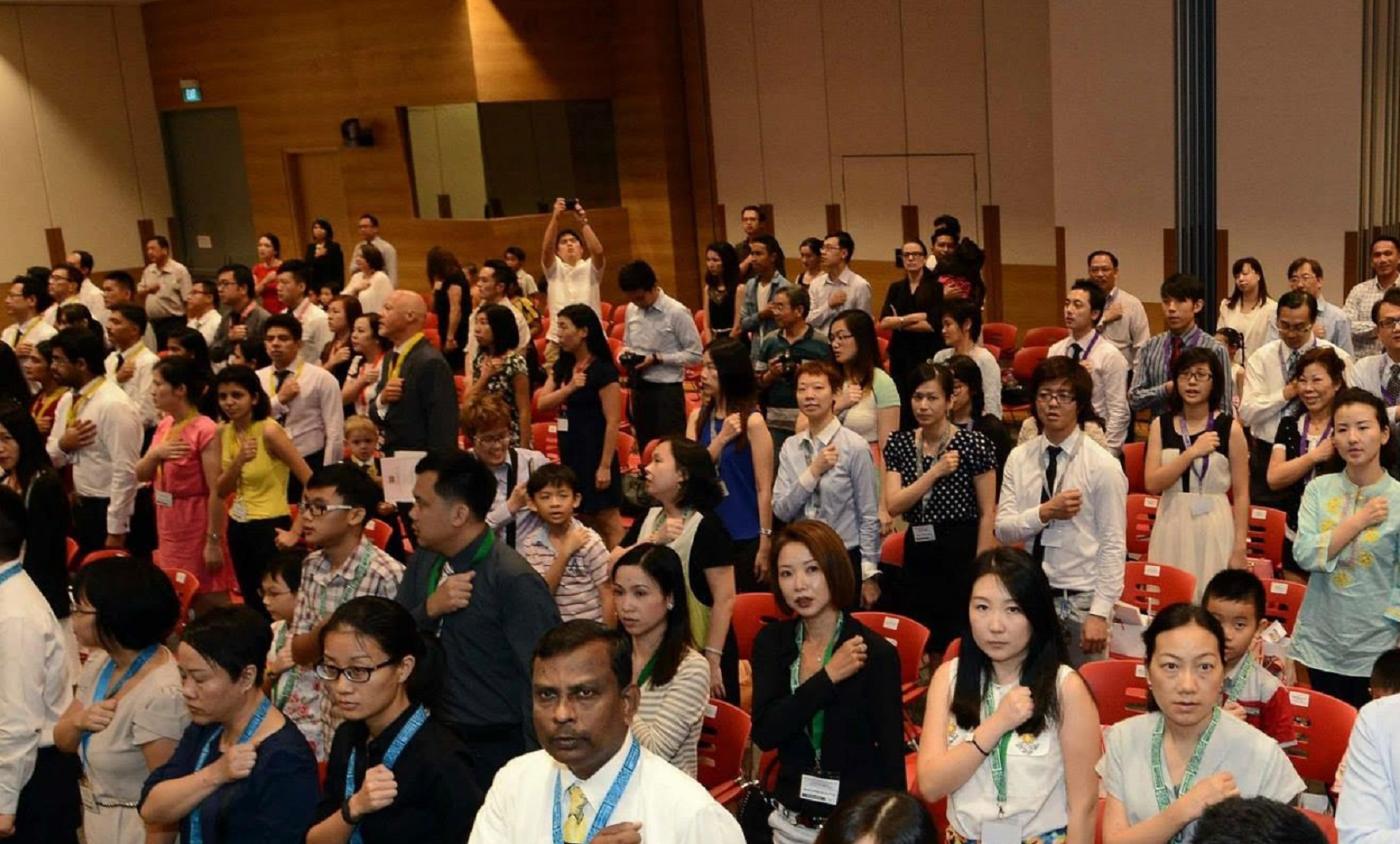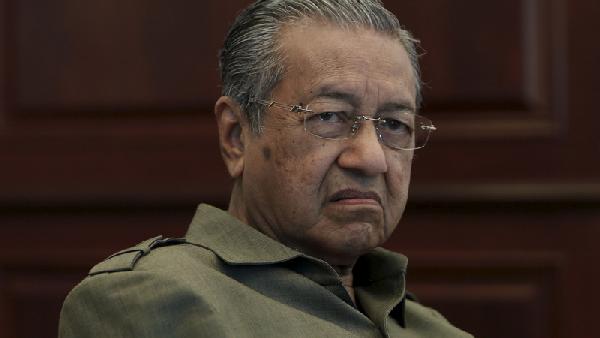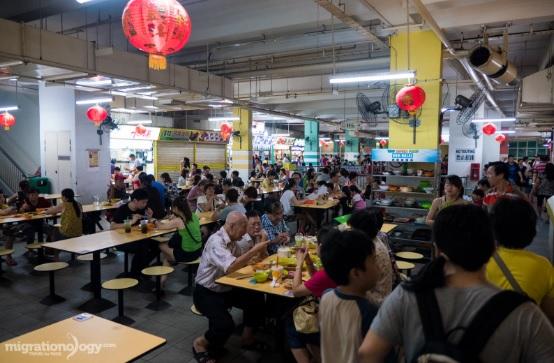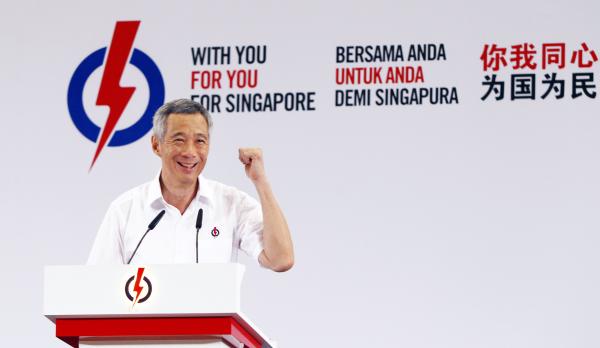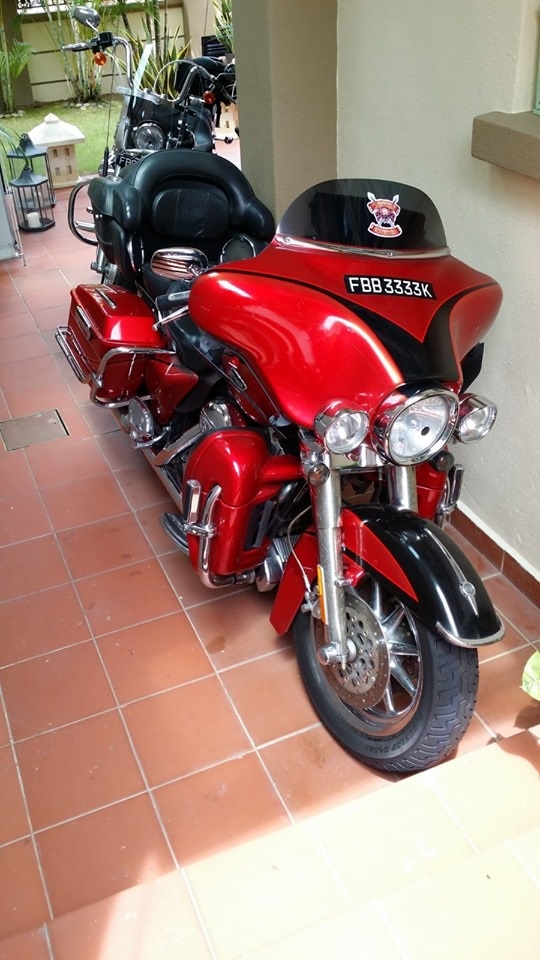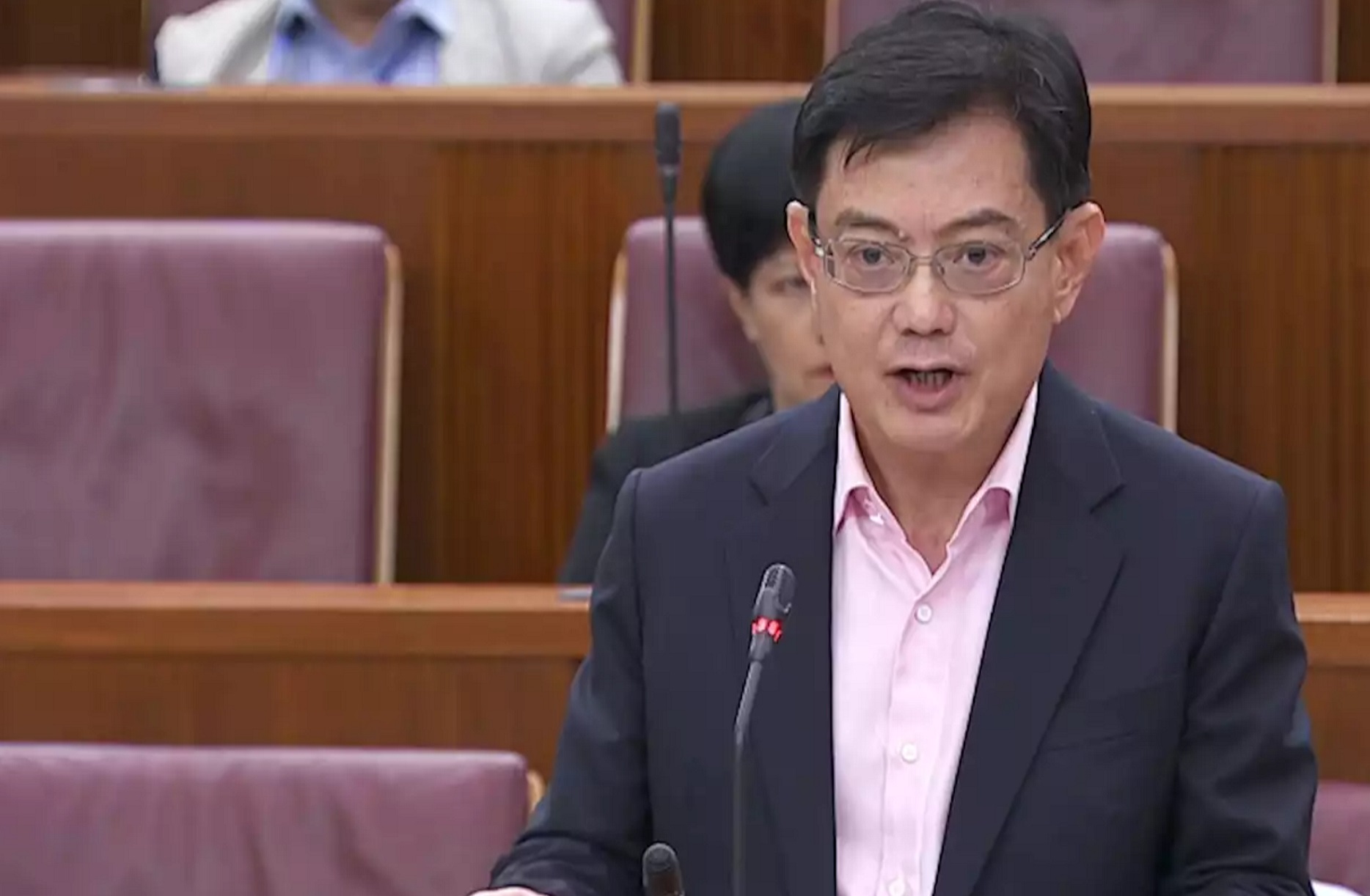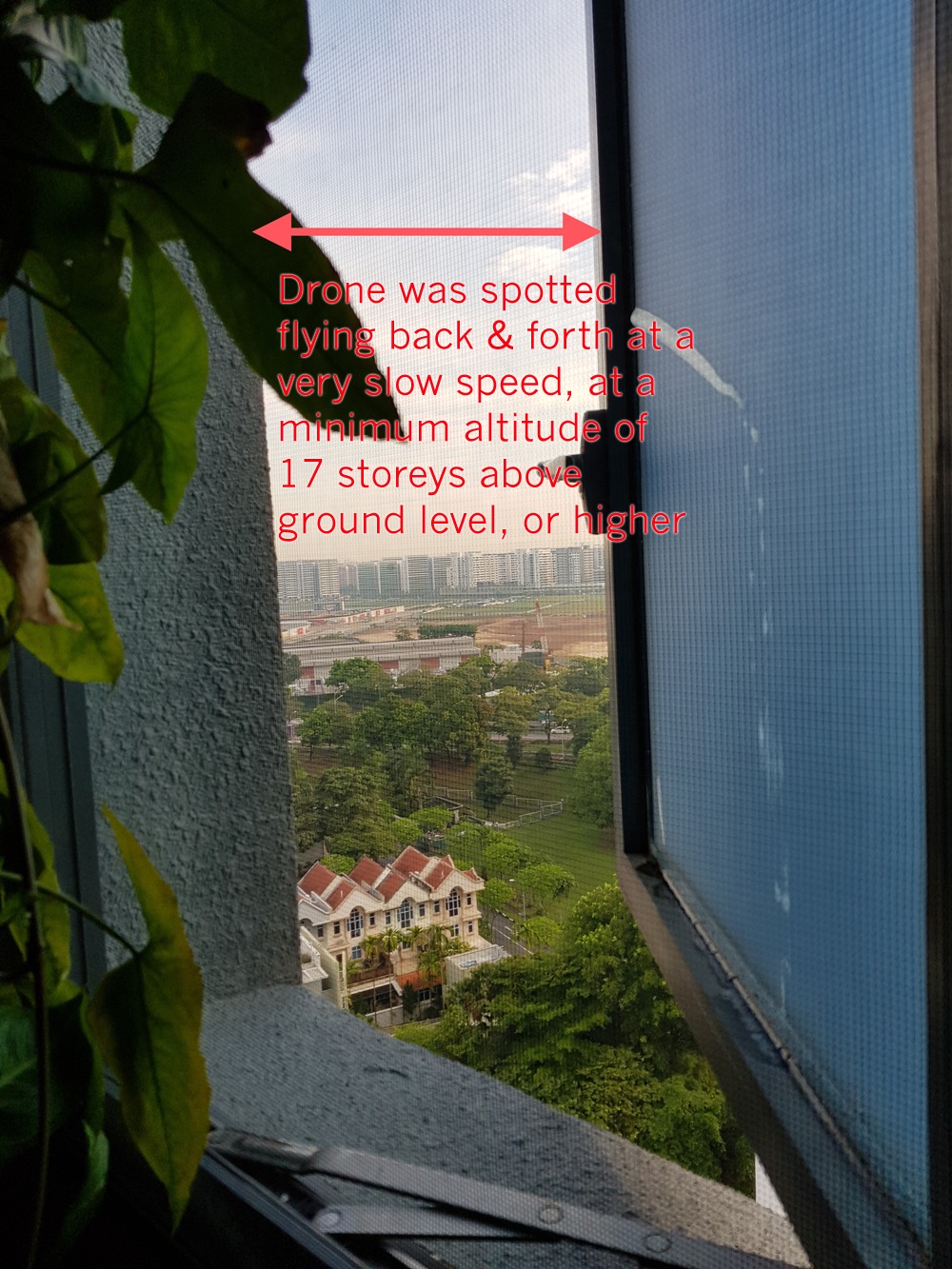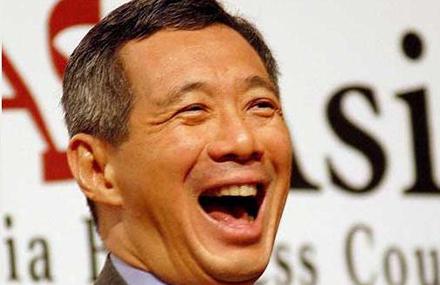A video showing a Malay-speaking man's reaction to a random screening carried out by Police TransCom (Public Transport Security Command) officers recently went viral. The clearly agitated man questioned the purpose of sceening and asked why Chinese people were not screened.



It sparked debate on the issue of security, individual liberty, racial profiling, and the impartiality of police officers. In particular, many netizens, largely from the Malay community, felt that the community was unfairly being singled-out for such security screenings.
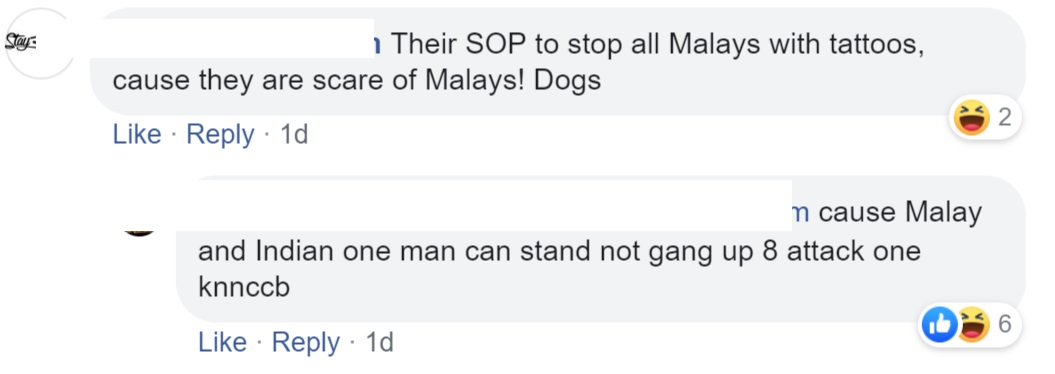
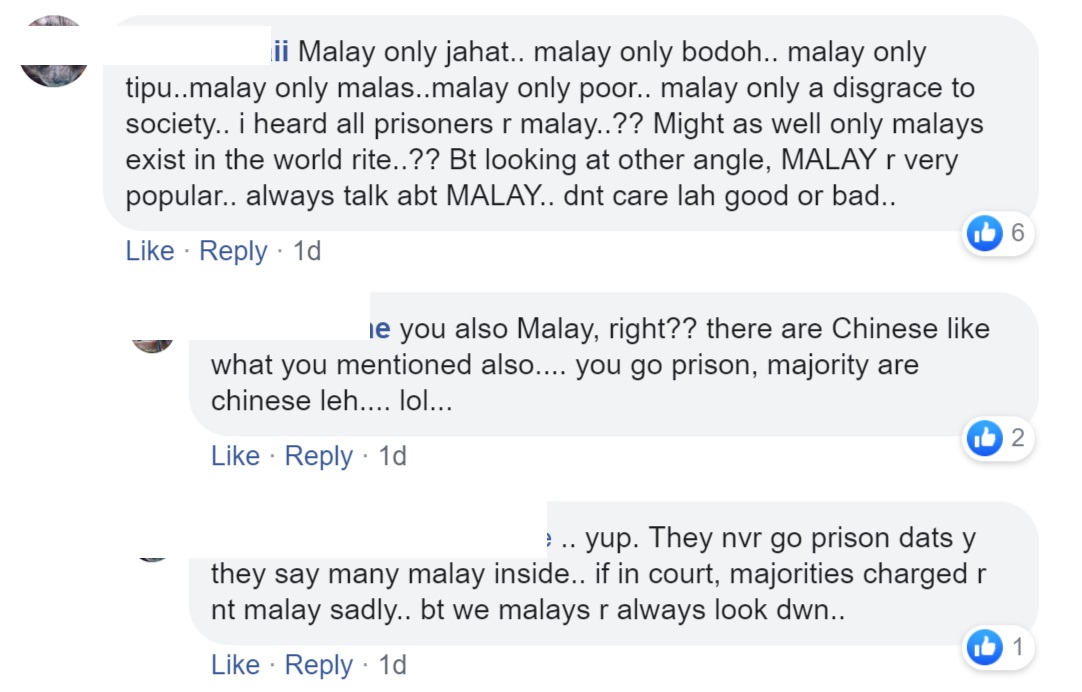
The Singapore Police Force (SPF) issued a strongly-worded statement to debunk the myth. The allegation that officers were screening individuals by virtue of their race or skin colour, was dismissed as baseless, and irresponsible, that were designed to stir racial tensions.
According to SPF, most of the persons checked that day were non-Malays.
Nevertheless, the organic reaction to the video was very clear in their interpretation - that Malays were being targeted. Why was this the case?
Before we address that, it is important to qualify that we understand that we do not have access to SPF's statistics on screening of individuals. Only the SPF has it. If it does keep such a record, then it would be in the interest of the public for them to reveal the actual numbers screened, according to the race.
Such statistics can help to positively dispel any myths or fake news with regard to SPF's alleged targeting of the Malay community. They tell us that the majority of those screened that day were non-Malays.
Give us the numbers. For instance, out of 20 persons screened, only 3 were Malays while the rest were none-Malays. Out of the 3, it so happened that the guy in the video was most vocal about being screened and therefore attracted the attention of passers-by.
Instead, we get a statement that we've come to expect from SPF.
The main crux of the matter here is the issue of perception.
In sociology, there term 'persecution complex' is used to refer to behaviours or mindsets that deals with the perception, real or imagined, of being persecuted. While the catalyst can be imagined, the effects can be real.
Historically, the local Malay/Muslim (MM) community has lagged behind the other communities in terms of economic and educational standing. This is an oft-repeated "truth", a stereotype that has taken on a life on its own, to the detriment of the community, as well as the overall social compact of the community at large.
The government has learned the folly of their approach. More recently, senior political figures have lauded the progress made by the community. In Apr 2017, the MM community was hailed as potential beacons for Muslims around the world.
Nevertheless, even in praising the community, the stark realities were laid out to them. Among the key challenges highlighted were the issues of radicalisation, as well as the issue of the over-representation of Malays being caught for crimes and drug abuse.
These are perennial problems that the community struggles to come up with solutions for. However, to have the government to harp on these issues is exhausting, and adds to this perception of persecution. What does the MM community gather from this? We are good, but not good enough. We are good, but still problematic. The positive endorsements is perceived as a backhanded compliment. Hollow and not to be believed.
Celebrate the community for their contributions, for the positives that they bring. If you focus on the weakness, a child will always think they are not good enough.
The other issue of perception is that SPF, and by extension, civil servants, are "government dogs" who are an extension of the ruling party.
It does not help that civil servants are told to refrain from discussing issues that affect them as normal citizens. There are also false rumours that civil servants can only vote for the PAP.
The way to improve this misperception is to allow civil servants to engage constructively in discussions pertaining to policies that have a bearing on the country's future. Having more diverse opinions can offset groupthink, making policymaking better, and more informed.
It may not be neat and there needs to be exceptions For instance, discussing military strategies in the public domain may undermine the security of the country.
Neverthesless, an engaged civil service would, invariably result in a more engaged citizenry because the civil service is the largest employer in Singapore. This would only benefit the country and help dispel the perception that all civil servants are dogs of the government.
Modifying perceptions is a tricky business. It can be time-consuming. However, the positives outweigh the cost. The day that such a video does not lead to an outcry of police unfairness, that is the day that you know that Singapore has arrived as a truly free country.
